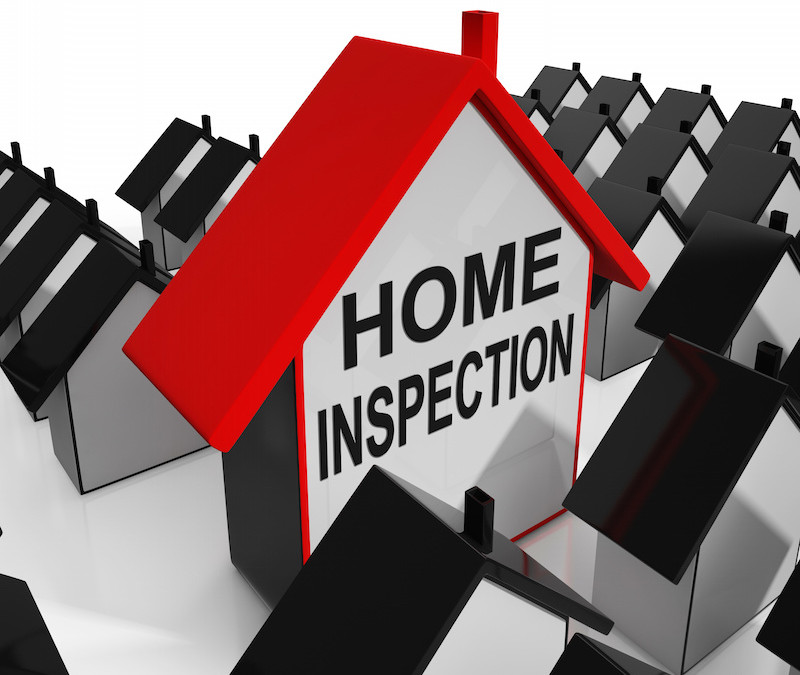When buying residential or commercial real estate, it is highly recommended to get a certified inspection on the property. A residential home inspection report is a document prepared by a professional home inspector after assessing the condition of a residential property. The report is not a legal document. The purpose of the report is to provide an overview of the home’s structural integrity, systems, and components.
A home inspection report can be a very long and detailed report. If you have not looked at many of them, it could be overwhelming. Remember, the primary purpose of a home inspection report is to inform potential buyers about the current condition of the property. It does not provide a guarantee against any future issues and with home ownership, there will be future issues. A typical home inspection report covers various aspects of the property, including the foundation, structure, roof, electrical systems, plumbing, HVAC, and more.
The inspection report provides valuable information that can help you make informed decisions. If issues are discovered, you can use the report to negotiate repairs or adjustments to the sale price. It’s important to note that a home inspection report has limitations. Inspectors can only assess visible and accessible areas of the property. Home inspection reports should include images of issues needing attention and descriptions of the issues. Keep in mind, a home inspector is not a specialist in every area. If they find a potential major issue, you may have to hire a specialist to look further into the issue.
A home inspection points out various problems with the land itself and with the house. Common problems that a home inspection reveals include:
1. Water damage – the obvious and the hidden
2. Mold
3. Dangerous levels of radon
4. Structural defects
5. Unsafe electrical conditions
6. HVAC issues
7. Appliance issues
Once you receive the report, review your report thoroughly. Everyone will have to decide what is important and what is not important. For instance, if an issue is found that you know you are going to replace anyway, maybe it might not be that big of an issue for you. Many individuals believe they should ask for everything to be fixed that a home inspector finds to be wrong. That really is not the purpose of the home inspection contingency in the real estate contract.
Although a home inspection report will list every minor thing that may be wrong with the home, the seller is not required to make minor or cosmetic repairs. It is to find out if there are any safety hazards and to know whether the major components of the property are functioning properly. If you do find that any of the major components of the building are not functioning properly it gives the buyer a reason to cancel the contract with no repercussions.
Getting a home inspection report does cost money but it can be a very valuable tool in a real estate transaction. Many contracts have been canceled on the findings of a home inspection report. When used correctly, the report is another tool to protect you and your financial interests. We recommend getting one with every deal. Let’s work together to close your deal, contact us today.

